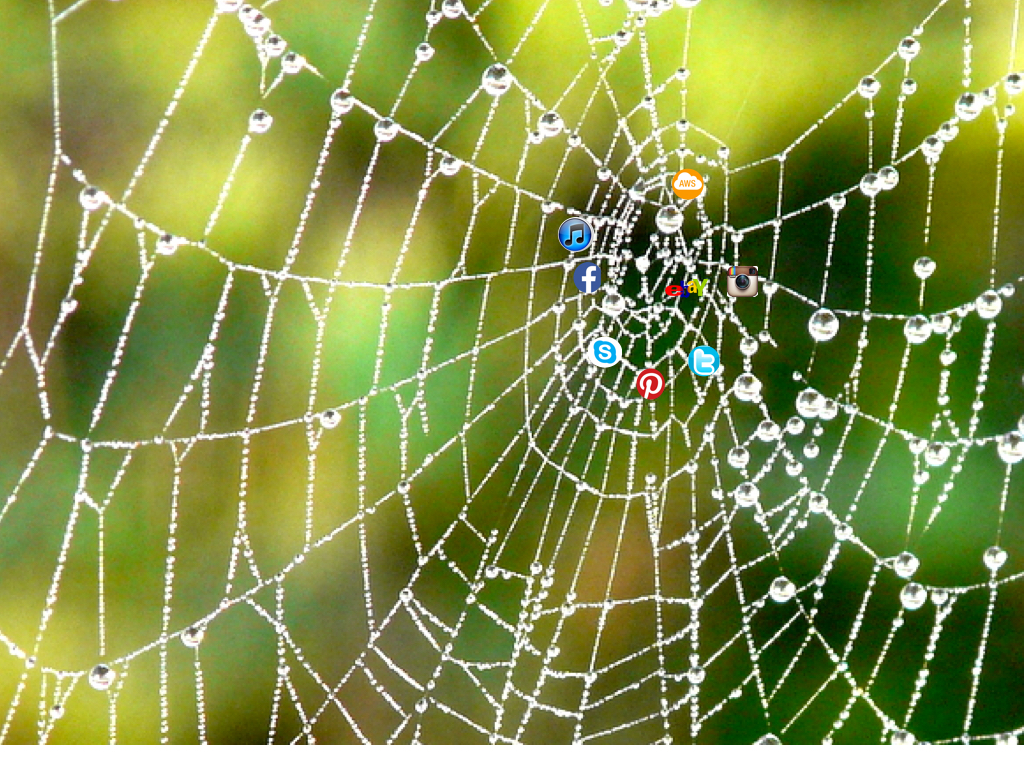
In the past, when all we had was film photography, we had to be very selective of the kind of pictures we wanted to take. I’m sure there wouldn’t be half as many ‘selfies’ ‘photo bombs’ or ‘duck pouts’ as there are today. Images have a strong emotional factor, and emotions have a powerful pull on us as human beings.
It wasn’t that long ago that taking a photo involved substantial decision making. With a mere 24 or 36 shots on each roll, the expense limited us from wildly shooting away. Not to mention the actual insertion of the roll, the fact that one ray of sunlight would ruin the film. Then of course there was the cost of developing the film and the time it took to do so.
Now with digital cameras and technology there’s relatively no cost at all and it is immediate – don’t get me started on Polaroid cameras!
Our next evolution came rapidly too. Who would have thought, 15 years ago, that we would be taking quality photos using our phones?
As a matter of fact the digital camera was invented almost 40 years ago,by an engineer at Eastman Kodak named Steve Sasson. The camera weighed 8 pound and recorded 0.01 megapixel black and white photos to a cassette tape. To images were stored as data on the cassette and played back by displaying the images on a television set. It probably seemed like science fiction back then!
Regardless of which era our photos record and which form they come in they will always be memories which we treasure. They capture time and give our future generations a glimpse of moments we wanted to capture. Whether in black and white, sepia or overexposed, they are very precious.
So the question is, if you misplaced your phone, your computer crashed or your house burned down would you lose all your photos? With our current ease for taking photos we have accumulated a huge visual memory bank which needs to be protected and managed.
Chances are you probably have more than one electronic gadget; mobile phone, computer, tablet, digital camera etc and on all these gadgets you have digital images stored.
It is easier to manage if all your pictures are stored in one place but how do we do that?
The first step…
If you haven’t done this already you can make it easier by setting your camera to the correct date and time. This allows your pictures to automatically be categorised which helps in organising your pictures.
Finding all your pictures…
It’s a good practice to go through all your stored images and delete the ones that are not needed. In fact delete them as soon as you have taken photos you don’t want to keep.
Use the right names and appropriate tags for your various folders. Example image: 20141012_093416 will be hard to place in a folder without viewing the actual image compared to image: Bella’s first school day.
Geo-tagging photos as they’re taken can also be a useful tool for helping to organise your digital pictures in advance.
Import all you pictures to one device, most likely a PC and create various albums based on the tags and names you chose.
Back up all your images onto an external drive but if you want to be safeguarded the ideal back up is via CD’s or DVD’s or in a cloud. Also,protect your images from hackers and identity thieves, switch off automatic backups on your phone or other device and add a watermark to your images.
And remember to protect your photos carefully – the recent picture hacking scandal from iCloud accounts is still fresh in our memories Apple iCloud leak and serves as a cautionary tale that sensitive photos are best stored in encrypted digital vaults.
If you found this post informative please like or share.









